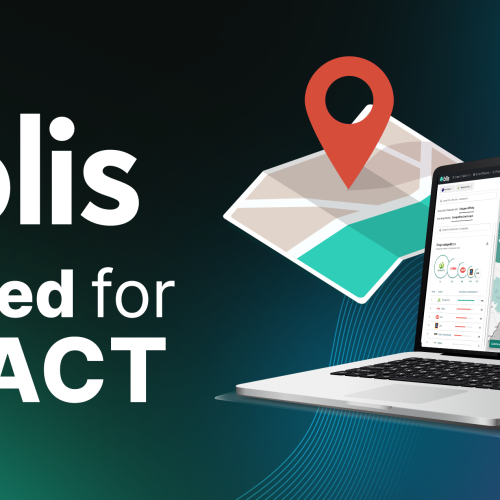The Facebook scandal involving private data on up to 87 million Facebook users that was inappropriately acquired by Cambridge Analytica—the political data consultants recruited by President Trump’s 2016 campaign—to build voter profiles has raised questions and concerns since the controversy erupted earlier this year. Facebook went into damage control mode by changing its user privacy controls and having its CEO Mark Zuckerberg fess up and apologize, meet with the media, testify before Congress and address the European parliament about the issue. But these steps haven’t stopped the bleeding: the social media giant has lost billions in market cap and seen trust erode in its platform by 66% since these revelations surfaced, and the #DeleteFacebook movement has gained steam.
The latest Facebook consternation concerns how it’s prepared to meet the European Union’s strict General Data Protection Regulation (GDPR) rules, now in force, to protect customer data; experts complain that Zuckerberg hasn’t explained how his company will meet these requirements. There’s a moral to this morass that any company collecting data on its customers and/or using Facebook as a business or marketing tool can take to heart, say the experts: be honest with your users and act quickly and effectively when a data crisis occurs.
“The Facebook scandal is so troubling because it highlights a massive transparency issue. The way the company marketed itself to consumers back in 2008 is not how it is now,” says Paul Thompson, CRO of Blis. “Businesses need to be transparent with consumers about this exchange of data to prevent scandals like this from happening. They should be over-communicating—beyond what’s legally obligated—to make sure this tech backlash doesn’t happen. This exchange shouldn’t be buried in the terms and conditions that consumers won’t look at; instead, it should be up front and center on the screen when signing up for an account.”
Rick Edmonds, media business analyst with the Poynter Institute, agrees that being truthful and upfront is important. “E-content providers would do well to explain how they use consumer data and ask for explicit consent,” says Edmonds.
Businesses need to do a better job, too, at clarifying how both parties benefit from the exchange of user information collected. “Brands and publishers should be directly communicating to consumers that, if they want free content, they will need to pay for it by providing their data, and explain how this is a fair exchange. Companies should speak about this topic publicly and remind users that there’s an option to opt out if they change their minds,” Thompson adds.
Jason Kint, CEO of Digital Content Next, believes it’s also important for companies to address issues like manipulated user data head on without being evasive.
“Most troubling to me is how Facebook has refused to answer questions around its role, as we’ve relied mostly on the press and government hearings to discover what little we know,” says Kint.
Firms that want to protest or at least dial back from Facebook can join the #DeleteFacebook movement, migrate from a Facebook business page to a traditional web page, and eliminate Facebook as a login credential option. “A few companies have removed the capability to login using Facebook,” notes Karthik Kannan, professor at Purdue University. And some, like Tesla, Playboy, Mozilla and Sonos, have joined the #DeleteFacebook movement. “But from an economic standpoint, companies like Tesla would not have done this if that medium was generating a significant value to them.”
Digital publishers and content providers in particular need to be careful about their reliance on Facebook, especially companies trying to comply with GDPR. “They should remember that their primary relationship is with their audiences and should avoid large tech companies, including Google and Facebook, that assign risk to them and which maintain their status quo and extensive data collection practices,” Kint says.
Many remain doubtful that Facebook can put this evil genie back in the bottle. “Facebook confronts a nearly impossible fix—the volume and variety of traffic is so vast that I’m skeptical they can tame it,” says Edmonds.
Companies also need to anticipate growing doubt and cynicism among consumers about how their data is going to be gathered and used henceforth—especially at a time when political forces are trying to harvest private data and use it to swing elections. “We should expect to live in a world where instinctual targeting based on user data is going to be the norm. The future is going to be about mixing politics with emotionally and instinctually targeted messages,” says Kannan.
Click here to read the original article.


